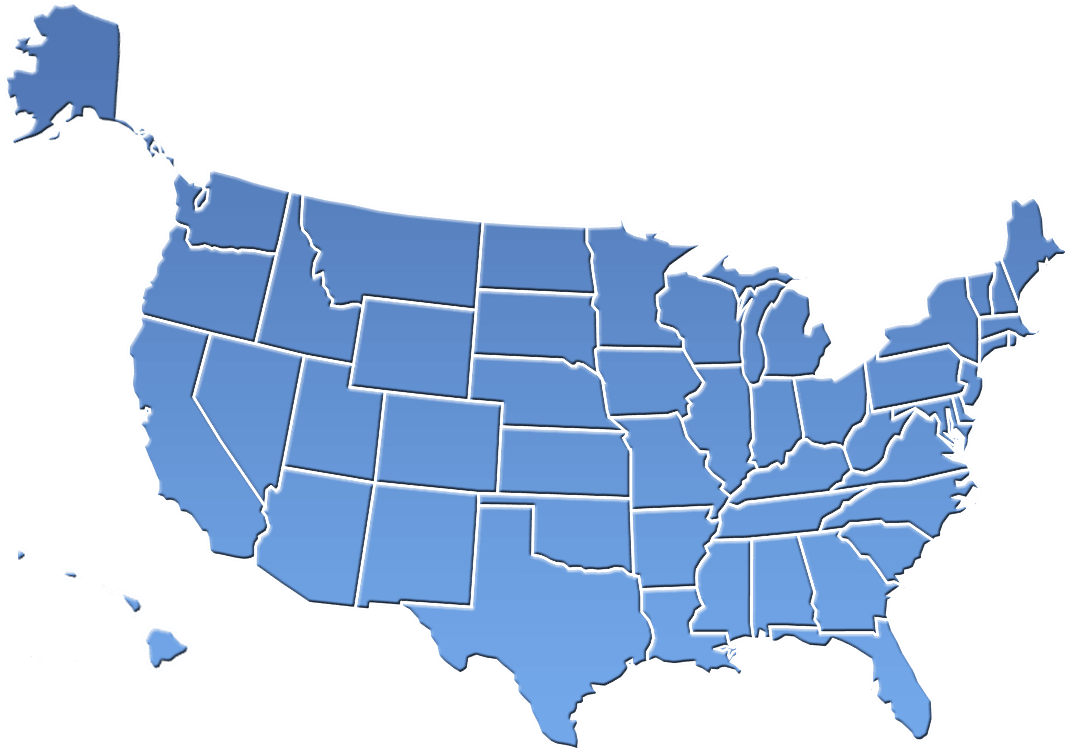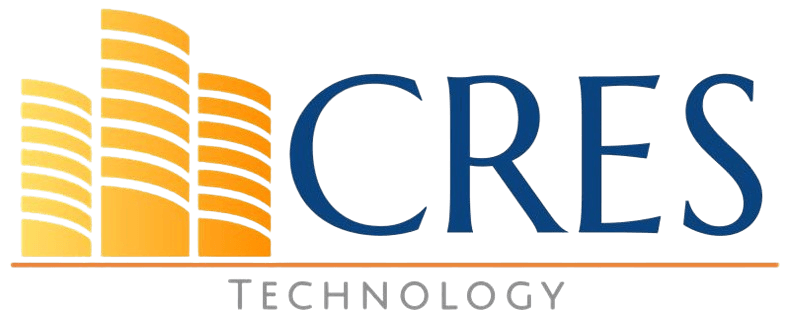
Nowadays, Robotic Process Automation or RPA, is all the rage. You might have heard the term but don’t exactly know what all the hype is about. Some may think it is about robots taking the place of human beings at work. We would dispel these myths and guide you on using RPA to automate your business processes.
Let’s start with the definition of RPA.
RPA or Robotic Process Automation is a technology that automates repetitive tasks in any industry with high precision, huge volumes, and efficiency. These are software robots or bots that mimic human interactions on a computer and replicate them without succumbing to human errors.
To understand it perfectly, take an example. When a kid learns to write, the teacher writes a word or sentence on the whiteboard and tells the kids to copy it. The child may not know what that means but does the task anyway. Similarly, you tell the program on the computer to copy a process by watching it done in real-time.
As we have taken the definition out of the way, so now focus on what it can do in your niche. Say, for example, you are a real estate company with an insane volume of paperwork. You ask the employee to pull the clients’ details from these files. The employee painstakingly does it, but as it is a repetitive and boring task, they may lose focus, and resultantly productivity decreases, paving the way for all sorts of errors.
If you have RPA software deployed, it will carry out the exact process of pulling the data from all the forms and files. Then it will reenact the whole process on its own. It will save lots of time and effort. The freed time can be used on more productive and creative tasks where human intervention is required. Real Estate Workflow Automation and RPA can speed up business processes, improve efficiency, decrease redundancy, and help cut costs that ultimately increase profits.
What are some famous RPA tools?
Below are some of the famous and widely used RPA tools:
What tasks qualify for RPA?
Although you may feel enticed to use RPA at this point, hold on. Not all tasks qualify for robotic process automation. Below is a list to see if your tasks qualify for RPA:
- Repetitive
- Voluminous
- Frequent
- Calculational
- Sequential
- System-to-system data entry
What to be careful with when selecting the right RPA tool?
You should consider the following points:
Let’s see the RPA in action in two important industries, i.e., real estate and healthcare.
Robotic Process Automation in Real Estate Industry:

RPA in the real estate industry can help in many ways. It can enter and validate tenants’ data such as credit history, security background, etc. Managing data entry related to contracts and leases. Data transfer between different shareholders’ systems. RPA can expedite application processing. It can process maintenance requests and transfer them to maintenance staff. Similarly, it can help in real estate costs and management, e.g., electricity, water, and heating reporting is another area where RPA can help.
Robotic Process Automation in Healthcare:
Healthcare organizations and hospitals must deal with lots of data, such as patients’ electronic records, 3rd party apps, insurance data, etc. RPA can help in sorting the data. Appointment scheduling can be automated through RPA using different criteria such as location, availability of doctors, time, symptoms, etc. RPA can also automate billing and payment management. Vital assets can be tracked using RPA, e.g., ventilators, defibrillators, and other equipment.
How can we help:
CRES offers both Workflow Automation and Robotic Process Automation so that your organization becomes more productive. In any industry, business processes involve lots of activities by lots of people. Many of our clients had trouble keeping their staff on top of their tasks. With an overwhelming number of tasks, they struggled with keeping track of critical dates and getting things done on time. The biggest issue is the lack of a centralized dashboard, which means one hand doesn’t know what the other hand is doing.
CRES provides RPA Integration with Workflow Automation for managing any initiative involving systems, people, and processes. With the top-of-the-line RPA tools and Workflow Automation, we can streamline your business processes and automate recurring, high-volume tasks.
Talk to us about how we can help you increase your productivity through business process automation and RPA.
About Irfan Butt

CRES Technology – Founder and CEO
A strategic leader with more than twenty years of progressive experience in Business Administration, Finance, Product Development, and Project Management. Irfan has a proven track record in a broad range of industries including hospitality, real estate, banking, finance, and management consulting.





